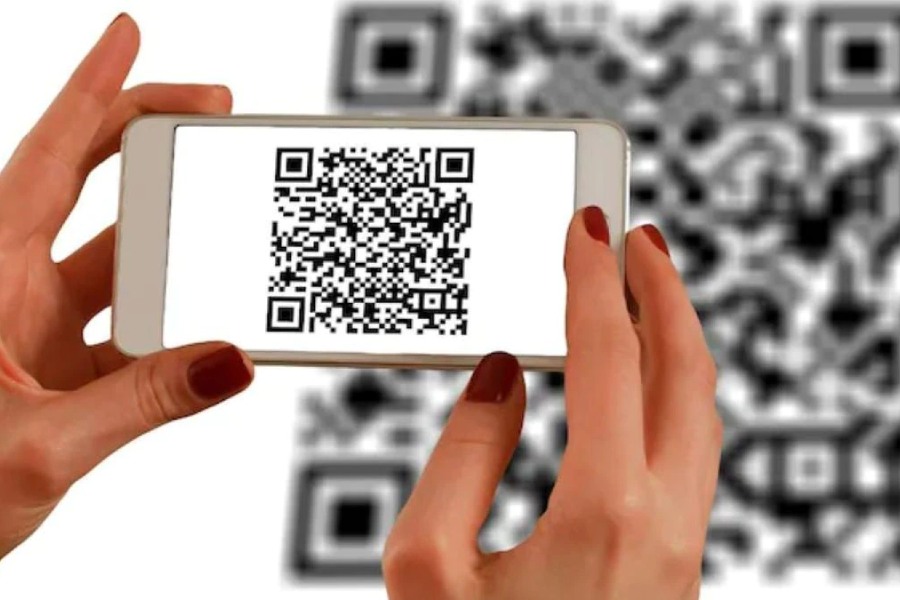The Bengal health department has decided to launch an online OPD (outpatient department) ticket-booking system for state-run hospitals, including medical colleges, to save patients from having to queue up for hours simply to get an appointment with a physician.
An official in the state health department said the new system would be launched in around 150 hospitals across the state, including medical colleges in the districts and other hospitals with significant patient footfall.
He said the online booking system will be QR code-enabled and a patient visiting a hospital would be able to book an OPD ticket through their mobile phone. A QR (quick-response) code is a two-dimensional matrix comprising black squares arranged in a square grid on a white background that is a machine-readable optical image containing specific information.
A health official said a successful pilot project of the system was launched in April in hospitals like the SSKM Hospital in Calcutta.
“As the pilot project was successful, we have decided to launch the QR code-based OPD reservation system in hospitals across the state. The chief medical officers have been advised to make necessary arrangements to roll out the new system. The existing system, of getting a ticket offline, will continue to exist,” said Bengal health secretary N.S. Nigam.
Currently, patients come to hospitals and queue up to get a ticket from the counter, before meeting the physician concerned. In the new system, a patient with a smartphone would be able to get the ticket by scanning a QR code. Printed QR codes would be prominently made available at various places in the hospitals.
A patient will have to launch their smartphone camera to scan the code and be taken to a web page for online registration, where they would fill in details such as the name, age and gender of the patient. There will be a list of hospitals, departments and doctors from which the preferences would have to be selected.
Once all those selections are done, a token number would be shared via a text message. The patient would be able to then approach the counter and get a printout of the ticket.
According to the plan, the hospitals will open additional counters for online bookings.
“There are also over 300 rural and small hospitals in the state where the system will be launched later. We have observed that most of the patients visiting government hospitals do own smartphones nowadays,” said an official.
A section of health officials in Bengal's districts, however, feared that those who are not very comfortable with using smartphones and making bookings online could face problems.
“Many people, even those who own smartphones, are not tech-savvy enough to operate QR codes," said a chief medical officer in a south Bengal district.
“People not tech-savvy enough to scan QR codes will, therefore, approach hospital counters for help. We don’t have enough staff to handle these requests,” he said.
A health official in Calcutta said that even in the state capital, the number of patients turning up at the state-run hospital OPDs with online registration, as a part of the pilot project, is just around 25 per cent of the total of visiting patients.
“Sometimes, it is found that the online server hangs for hours, and it creates a problem for many who opt for the online system. If it happens in Calcutta, the patients visiting hospitals in the districts could face the same,” he said.
An official in the state health department, however, said any problem with the online system would not affect the patients much, as the offline mode will function as usual.
“It (the QR code) is an option for those who can make use of the online system. We don’t have any problem if people continue to choose the old system,” he said.










